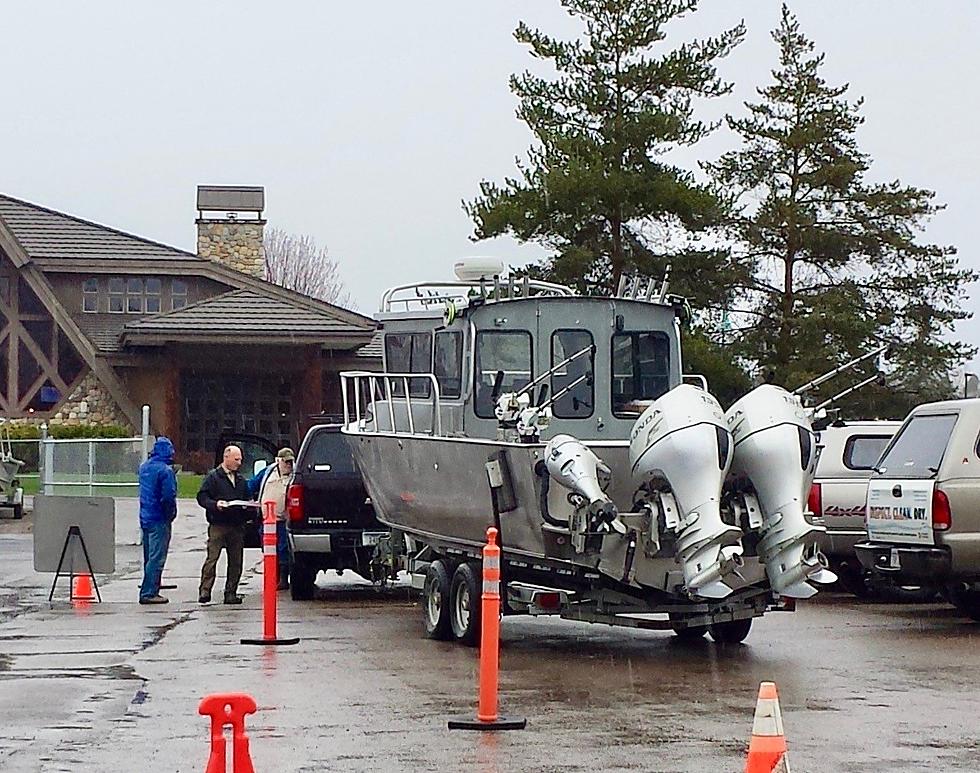
FWP Official Defends State Watercraft Inspection Program
A recent Associated Press report stated that a newly created group expressed criticism of the Montana Fish, Wildlife and Parks' aquatic invasive species prevention program.
Specifically, Watershed Protection Advocates gave the program a C- grade due to insufficient training and specifying hours of operation at inspection stations.
Head of Communication and Education for Montana Fish, Wildlife and Parks, Greg Lemon, said the concerns expressed in the report primarily occurred in the beginning of the program.
“The report looks backwards on the things were concerns in 2018,” said Lemon. “We recognize that there is room for improvement and there has been improvement. We’ve been working on that in the off-season, so a lot of their concerns are already being addressed. We’ve made some really good changes for the upcoming year.”
Lemon said the program developed rapidly after invasive aquatic mussels were found in two Montana waterways.
“When the larvae were found in the Tiber Reservoir and a suspect water sample was discovered at Canyon Ferry in 2016, we really ramped up the program and it’s been a huge undertaking,” he said. “Last year we had 109,000 watercraft inspections with several partners helping out. We had 16 mussel-fouled boats that we discovered, and we implemented an inspection passport that still allowed us to maintain high quality inspections and protect Montana’s waters, but also gave customers a more streamlined process whenever possible.”
Lemon said there were over 2,000 samples taken.
“We had over 2,100 samples that we collected and processed last year and we expanded our outreach efforts,” he said. “We’ve been targeting our outreach to the southwest and mid west parts of the country to reach out to folks who would be coming to Montana so that they would know what our regulations are and they know they have to be inspected prior to launching their watercraft.
Lemon admitted that there is still a lot of work to do.
“For instance, this year we’re going to be looking at expanding the hours at our check stations, one in particular that is south of Fort Peck that last year was three days a week, but this year will be seven days a week,” he said. “We’ll be doing more coordinated training for our inspectors, as well.”
.Lemon said the FWP’s goal is to guarantee that no invasive aquatic species are introduced into Montana waterways.
More From 94.9 KYSS FM






